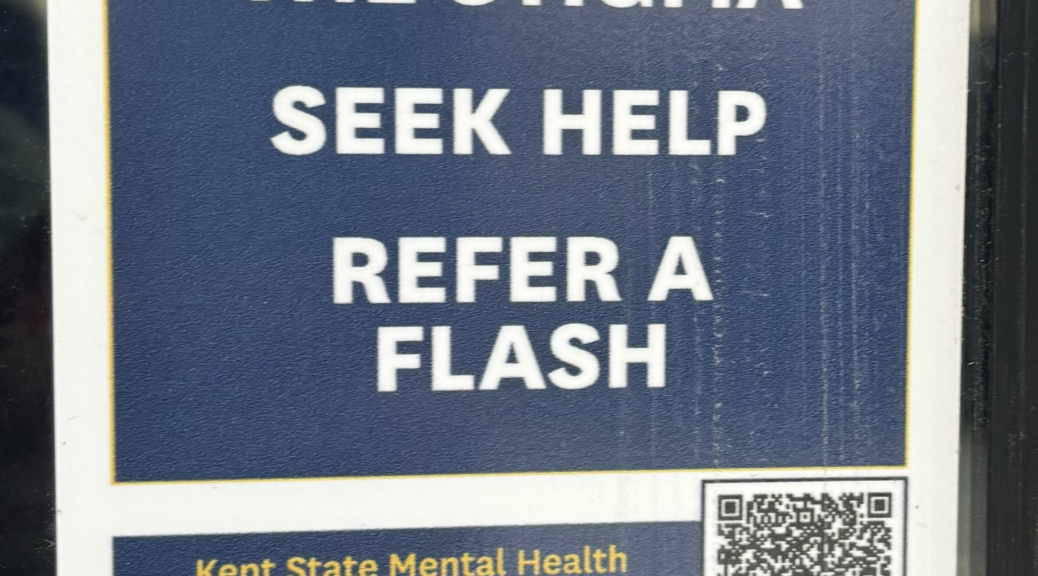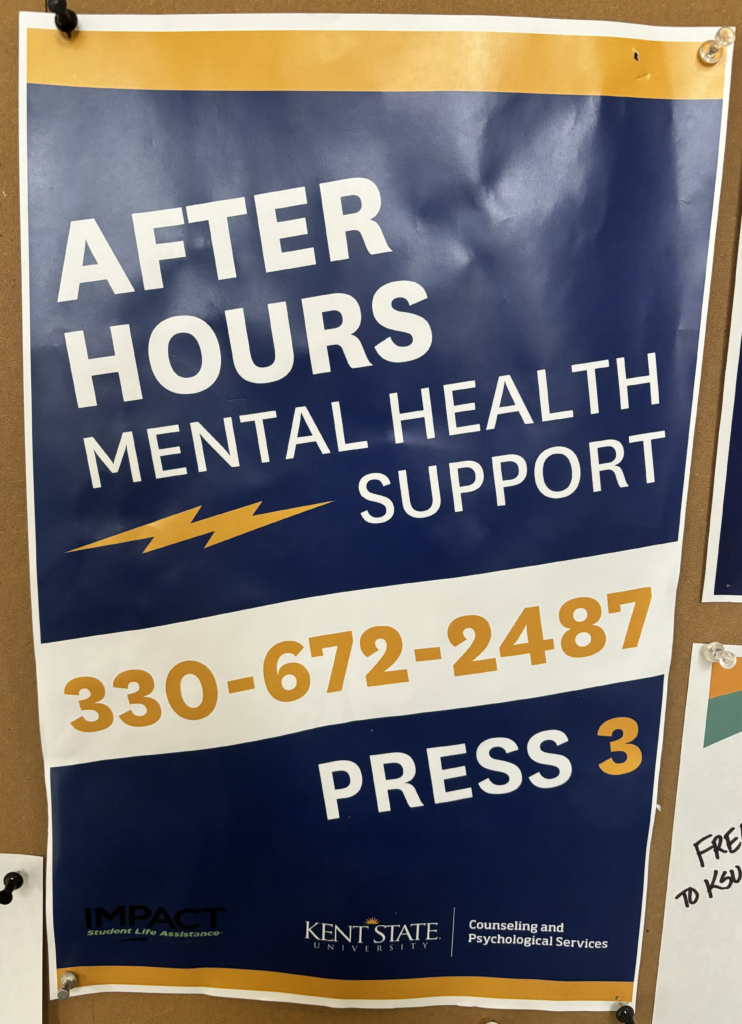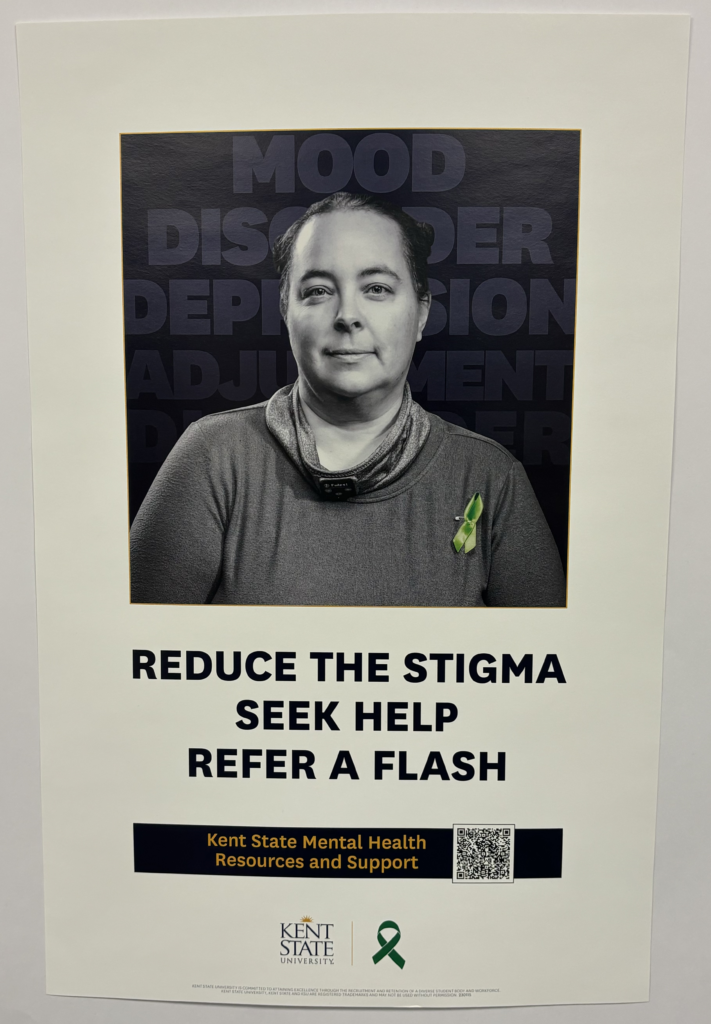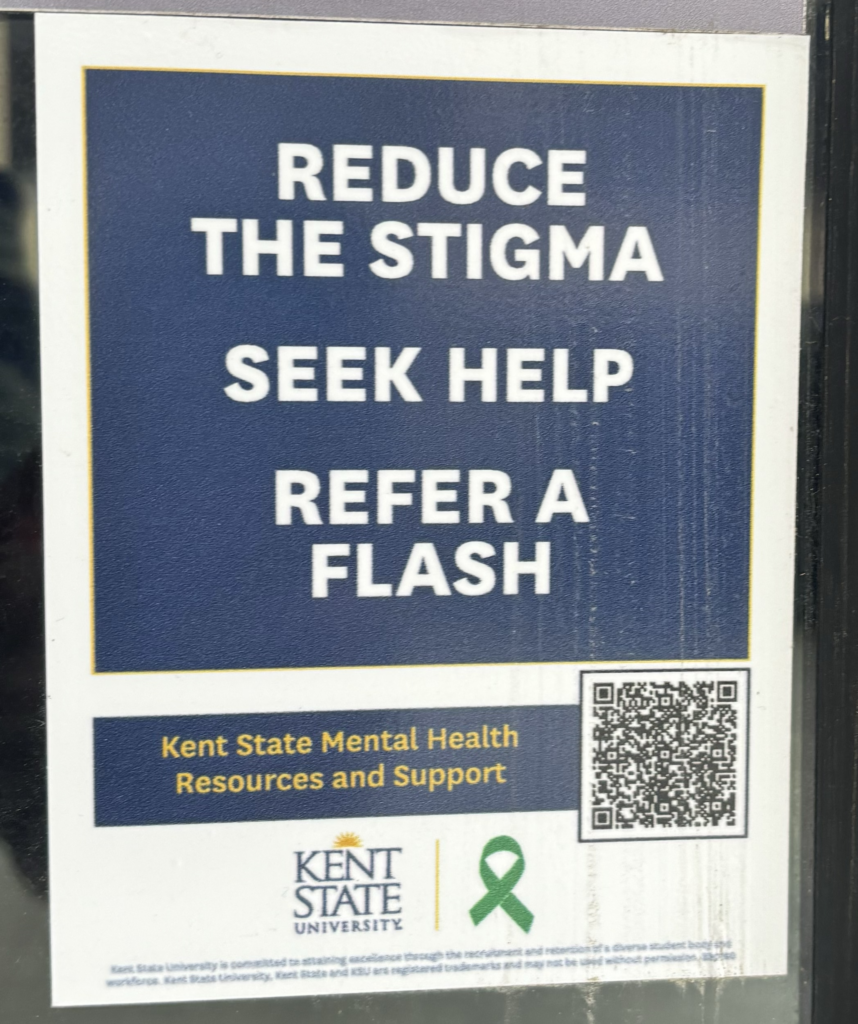
Mental Health Issues are on the Rise: Why and How Universities Across Ohio Can Help.
The United States is seeing a mental health crisis in communities across the country.
College students in particular are standing out as one of the biggest groups who are reaching out for help.
According to the American Psychological Association, six in ten college students meet the criteria for mental health issues.
Jared Mueller, an independently licensed social worker in Ohio with 23 years of experience spoke with me about why college students may face difficult times.
“College students face a myriad of difficulties and decisions in a period of life where the physiological brain is still developing,” Mueller told me.
Jared Mueller
“College students face a myriad of difficulties and decisions in a period of life where the physiological brain is still developing,” Mueller told me.
Anxiety and depression are the two biggest issues that students face while in college.
“Anxiety increases due to the unknowns of the future while depression can increase with the feeling of powerlessness in the present,” Mueller said. Even the healthiest of college students will experience some of that.”
The human brain does not fully form for most until 25 years old, and with extra pressure like being in college, it can be a lot.
“Add on the pressures of socialization, finances, and the ever-changing socio-economic climate, along with a brain that is not fully formed for most that happens around 25 years old, college students are often fighting an uphill battle in mental health,” Mueller said.
A student at Kent State University, currently enrolled in the College of Business and Entrepreneurship, who is receiving mental health counseling through the university spoke with me about the challenges they face.
“I don’t think many people outside of a college environment really understand the challenges a college student can go through,” the student told me.
The student said being able to see someone each week really helps.
“I had a counselor back home before coming to Kent, but I switched over to CAPS when I came to school here,” the student said. “It has helped me because I like being able to go once a week in person.”
Kent State University’s assistant director of well being Meghan Factor-Page contributed the rise of help available to awareness.
“I think it is a result of awareness, de-stigmatization efforts, and resource availability,” Factor-Page told me while on a Zoom interview.
While many college students may be hesitant to actually reach out for help, seeing others do just that might help others feel more comfortable to ask for help.
“I think students are also seeing examples of people that look like them and that they can relate to speaking out about reaching out for help if you need it,” Factor-Page said. “This makes it easier to reach out when you know it would be well received.”
Kent State University offers students both individual and group counseling through Counseling and Psychological Services, the Counseling Center, and the Psychological Clinic all located on the main campus.
The first six sessions are covered through tuition. The following sessions are billed to insurance.
Other universities across the state of Ohio also offer support to students who need help.
Cleveland State University, located just outside of downtown Cleveland, also offers similar help to students.
Bruce Menapace, a psychologist and outreach coordinator at Cleveland State spoke to me about what the university can offer.
“We provide individual, couples, and group therapy for our students,” Menapace told me. “We also provide a number of campus presentations that help students address difficulties in their lives. We also provide same-day services for students who are in crisis.”
Just like Kent State, Cleveland State is also seeing an uptick in students reaching out for help.
“More college students than ever before have experienced trauma prior to college,” Menapace said.
The university said recent world events contributed to the uptick.
“We noticed a sharp uptick in student anxiety after the World Trade Center attack, during the Great Recession of 2008, the presidential election of 2016, COVID-19, and recent political unrest.”
“We noticed a sharp uptick in student anxiety after the World Trade Center attack, during the Great Recession of 2008, the presidential election of 2016, COVID-19, and recent political unrest.”
Bruce Menapace
While it might be concerning seeing students all of a sudden come for help, Menapace said it is comforting to know students are no longer alone in their fight.
“While it might seem concerning that a higher percentage of university students are utilizing mental health services and have the need, it is also comforting to know that people are getting the help that they need,” he said.
The University of Akron, located just down the interstate from Kent State University, also offers help to students.
Matthew Altiere, the senior associate director at the counseling center spoke to me through a phone interview.
“We have a full counseling center with a staff of seven full-time physiologists.”
Whether it is anxiety or something else, Altiere said Akron can help.
“We’ll see anything that walks in our doors. We can help you with academic issues and career issues, like changing your major.”
The University of Akron does not have a cap on services. All sessions and services are free of cost to students.
Other public universities across Ohio, including Bowling Green University and Ohio State University were not available for comment.
Brad Stainbrook is a Journalism student at Kent State University. He can be reached at Bstainbr@Kent.edu.


